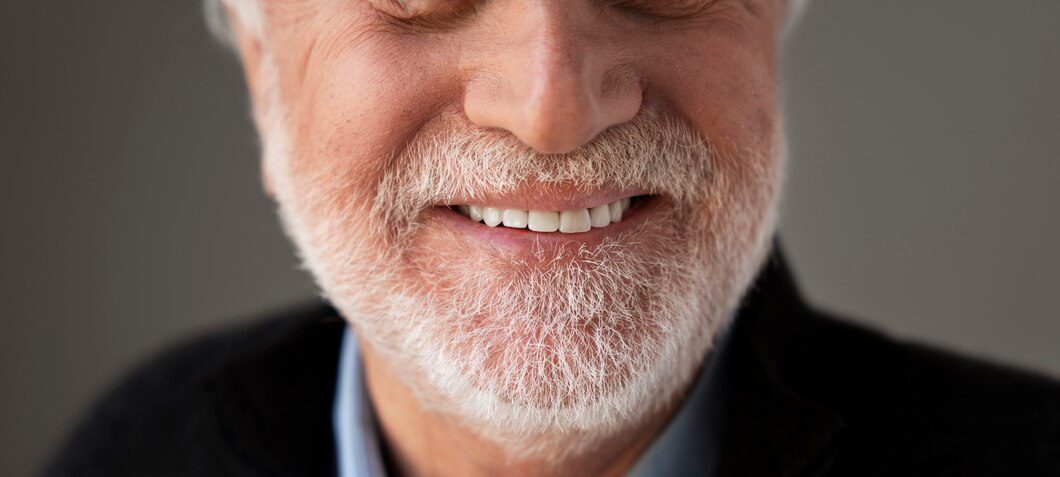As people age, dental and oral health often face more complex challenges. For the elderly, maintaining oral health is an important part of preserving a good quality of life, but physical and medical changes can make dental care more difficult. However, with the right approach, these challenges can be overcome, ensuring that the elderly maintain good oral health.
One of the main challenges faced by the elderly is the reduction in saliva production, often caused by medication side effects or natural changes in the body with age. A dry mouth or xerostomia makes teeth more susceptible to damage, as saliva, which helps protect and cleanse the teeth, is reduced. To address this issue, it is recommended that the elderly drink more water, use saliva substitutes, and consult with a dentist about alternative medications that may affect saliva production.
In addition to dry mouth, the elderly are also more prone to gum diseases such as gingivitis or periodontitis. As people age, the gum tissue tends to become thinner and more fragile, making it easier for infections to develop. Poorly maintained gums can lead to loose teeth and even tooth loss. The solution is to maintain regular oral hygiene by brushing teeth twice a day and using dental floss. Additionally, regular dental check-ups are crucial for the elderly to prevent gum disease from advancing to more serious stages.
General health conditions also often affect the oral health of the elderly. Chronic diseases such as diabetes, which are common among the elderly, can worsen oral health. Diabetes can lead to high blood sugar levels, increasing the risk of gum infections and slowing wound healing in the mouth. For elderly individuals with diabetes, maintaining stable blood sugar levels is critical in preventing complications in dental and oral health.
Moreover, the elderly often face issues with dentures or tooth loss. Ill-fitting dentures can cause irritation to the gums and difficulty eating or speaking. To address this, it is important to ensure that dentures are properly fitted and maintained. Dentures should be cleaned regularly, and the elderly should visit their dentist to ensure that the dentures remain properly adjusted and comfortable.
Although the elderly face many challenges in maintaining their dental health, various solutions can be applied to sustain optimal oral health. Regular dental check-ups, good oral hygiene, and adopting a healthy lifestyle, such as a balanced diet and quitting smoking, can help the elderly maintain healthy teeth and gums. With proper care, the elderly can enjoy better oral health and a higher quality of life in their later years.
Good dental care in the elderly supports broader health, as oral health impacts quality of life, nutrition intake, and infection prevention. By maintaining their dental health, the elderly can reduce the risk of disease and improve overall well-being. This aligns with the Sustainable Development Goals (SDGs), particularly Goal 3: Good Health and Well-being.
Author : Rizky B. Hendrawan | Photo : Freepik

